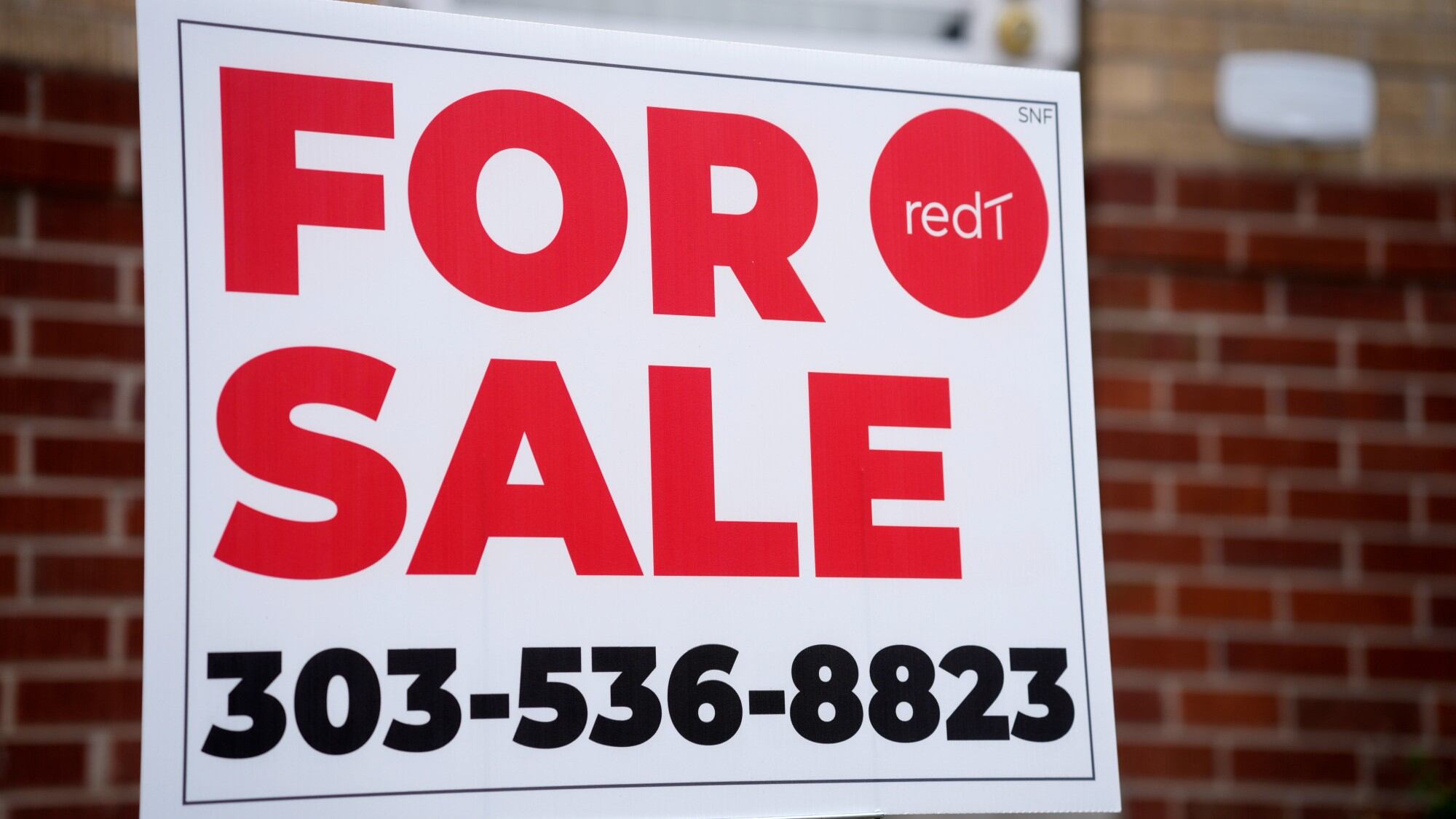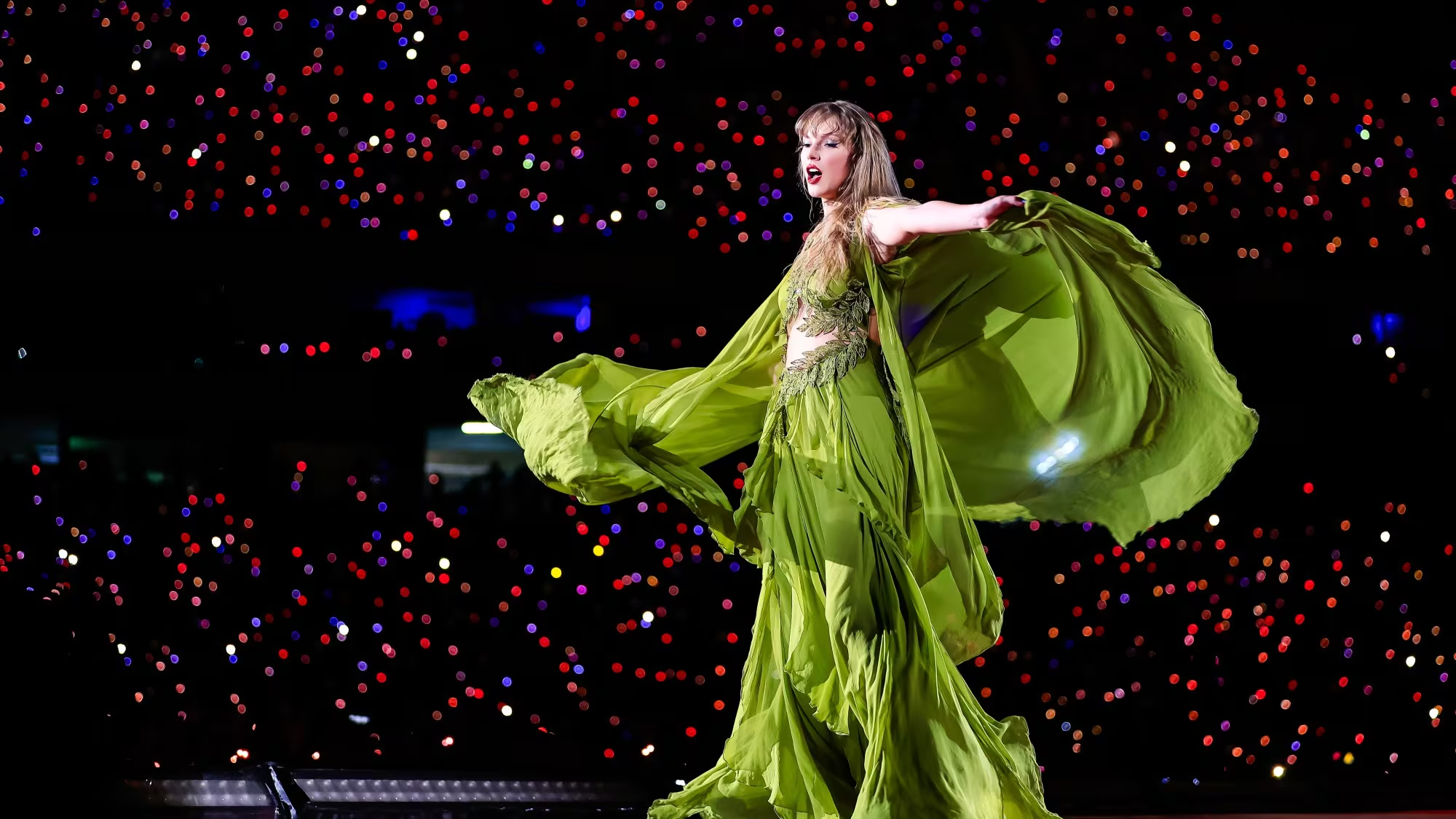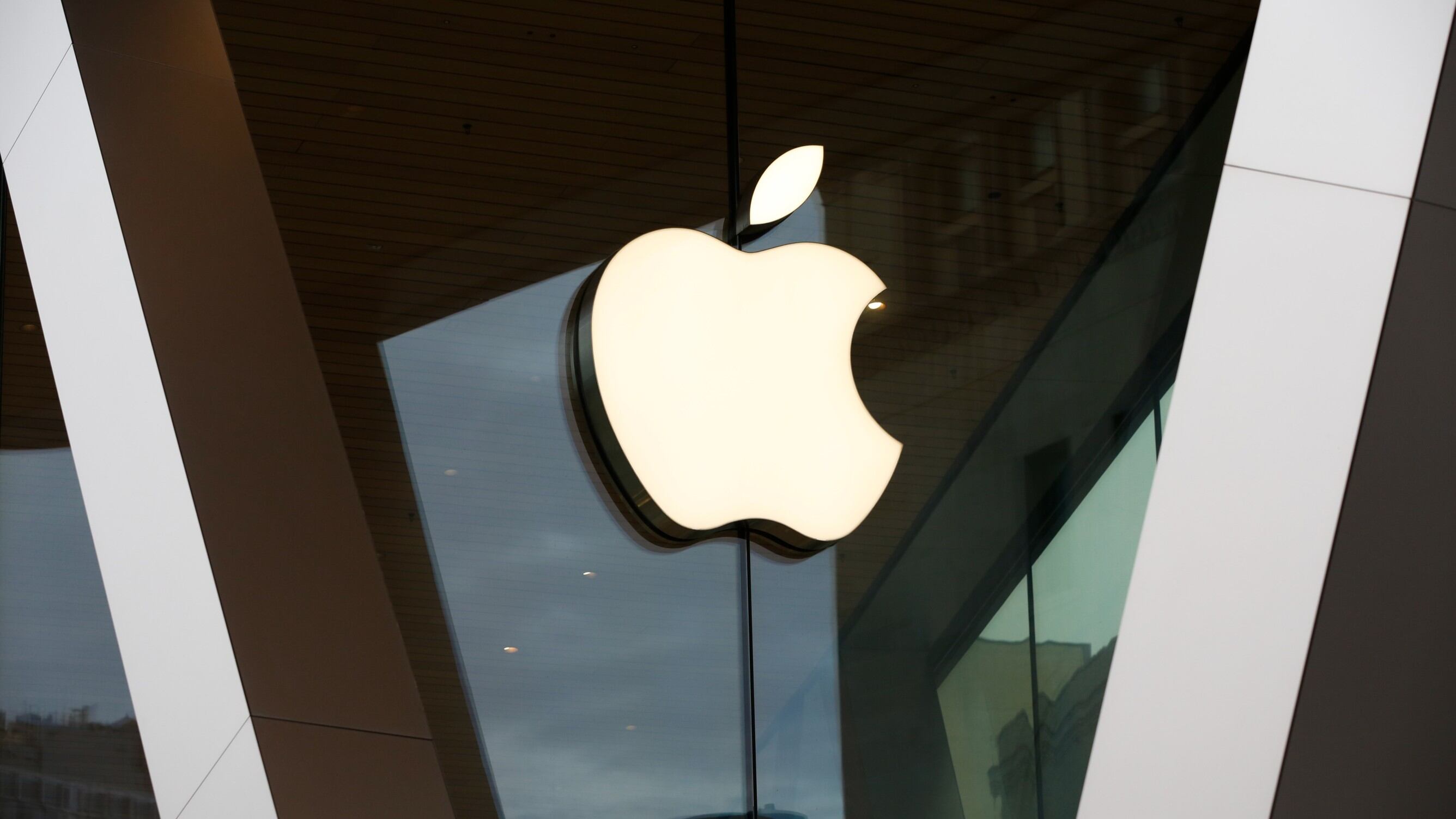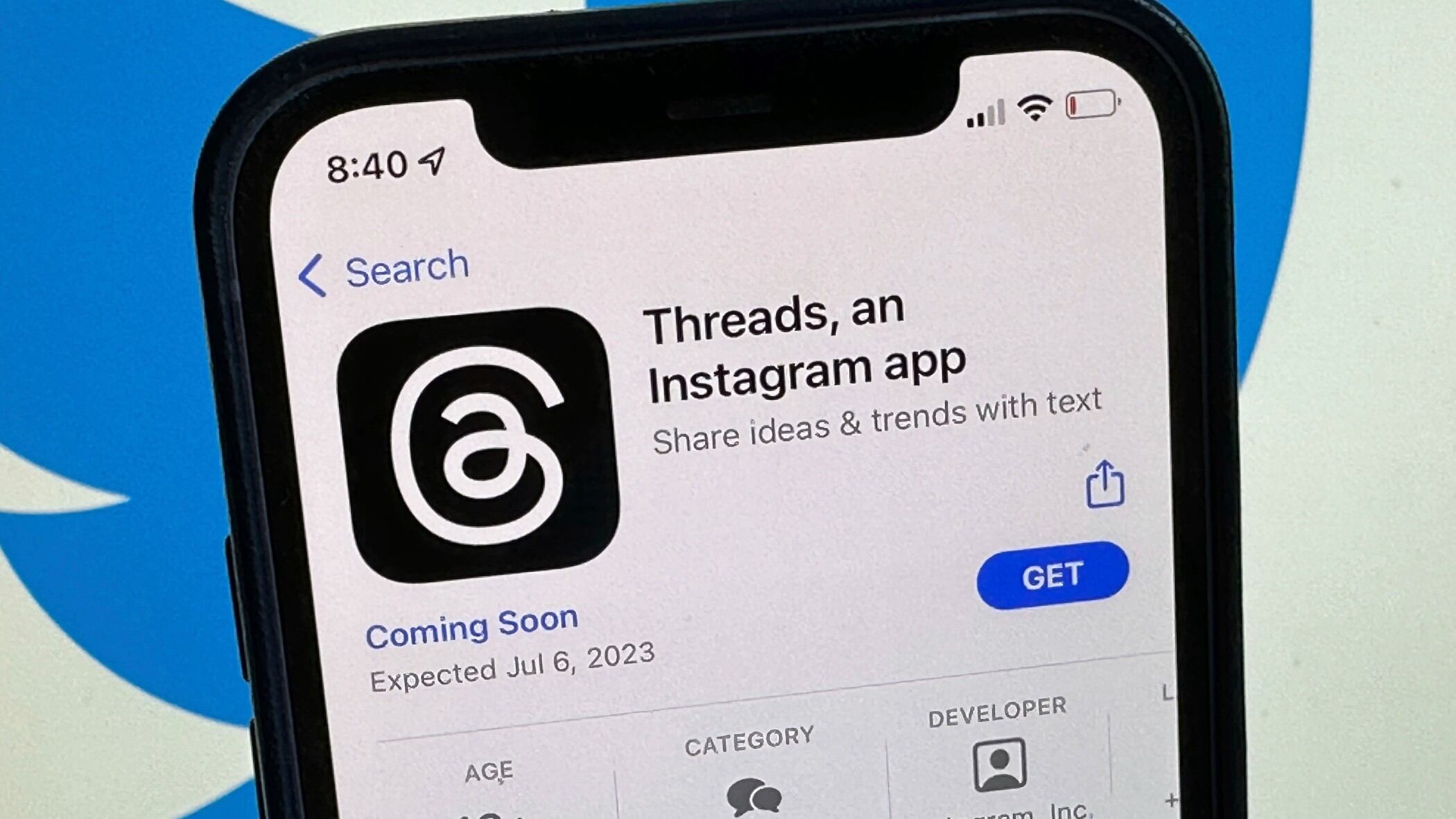*By Tanaya Macheel* U.S. lawmakers have questions about the governance structure of the Libra Association, the independent and supposedly not-for-profit entity based in Geneva, Switzerland, that will operate the blockchain powering Facebook's proposed digital currency. Over a day and a half of testifying to Congress, David Marcus, the head of Facebook's digital wallet subsidiary Calibra, reiterated again and again that although Facebook has created the code and provided all the investment into the project up to this point, it will not hold all of the power over Libra. None of the planned 100 members, he insisted, would have more than one percent of the power. But in Washington, many lawmakers simply see a 100-member organization, controlled by Facebook. "Facebook has portrayed the Libra Association as a collective, as if Facebook is just one of many voices in this venture," said Rep. Jesús García (D-Ill.). "Facebook's voice is more like the godfather's voice in the family. It's true that it's just one voice among many, but it's also the only voice that matters." The distinction between Facebook, the digital wallet subsidiary Calibra, and the Libra Association that would govern the proposed cryptocurrency Libra had been a valuable shield for Marcus as he dodged and muddled through tough questions about consumer protection, privacy, systemic risk, censorship, and governance from the Senate Banking Committee Tuesday and the House Committee on Financial Services Wednesday. The Libra Association is made up of financial services heavyweights including Visa, Mastercard, PayPal (where Marcus was formerly president), and Stripe; as well as eBay, Uber, Lyft, Spotify, Vodafone, and some major Silicon Valley venture capital investors, blockchain startups, and non-profit organizations. There are 28 members to date, including Facebook, but Marcus has said it will ultimately reach 100 members if all goes according to plan. When asked by Rep. Alexandria Ocasio-Cortez (D-N.Y.) if the members were democratically elected, Marcus gave a firm no, but assured her that the governing body would have "proper regulatory oversight." But Ocasio-Cortez responded: "We are discussing a currency controlled by an un-democratically selected coalition of largely massive corporations." "So who picked the founding members of this governance over the currency?" In order to become a member of the association, corporations need to meet three criteria: they have more than $1 billion in market value or more than $500 million in customer balances; they reach 20 million people a year globally; and they're recognized as a top-100 industry leader by a third-party. Each of the existing members had been recruited by Facebook. Rep. Anthony Gonzalez (R-Ohio) confirmed from one of Marcus' long and winding responses. "Most decisions to date have been made by your company," he said to Marcus. "The claim has been that Facebook will not have undue influence over the platform. We're all politicians in this room — I think if we all could hand-select our voters we'd feel pretty comfortable about our ability to influence whatever decisions are made. So I would suggest that's not an accurate claim." Marc Andreessen and Ben Horowitz, co-founders and general partners of Andreessen Horowitz sit on the boards of Facebook and Lyft, respectively; Facebook CEO Mark Zuckerberg is on the board of venture fund Breakthrough Initiatives, another founding member of the Libra Association; Peter Thiel is a founder of PayPal and on the board of Facebook. The crypto company Anchorage raised funding from Visa last week to build a no-password crypto vault; both are also founding members of the Association. "There appears to be multiple close relationships among individuals on Facebook's board and across the Libra Association members," said Rep. Rashida Tlaib (D-Mich.), who later also referred to the governing body as "the group of friends." She asked: "You don't think that creates a power imbalance for a small group of people to manage a high percentage of the world's transactions?" Marcus offered that while Facebook has made most of the decisions so far, it ultimately "will not be involved" in the selection of Libra Association members. When Tlaib asked if any member of the Libra Association can be voted out by Libra users, Marcus said that is "not currently contemplated, but the way the governance will evolve will allow for that in the future." Rep. Gonzalez also highlighted that everyday users were "glaringly missing" from the governance structure. "To meet our regulatory requirements across the Association, we need established entities that know how to operate those types of programs and are trusted," Marcus said. "But this is also why we believe over time it's important to transition to give people more of a voice."












